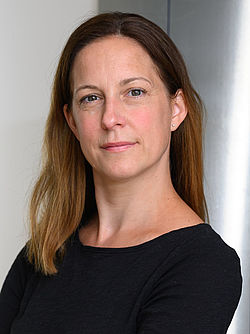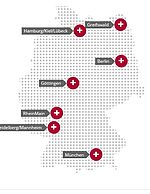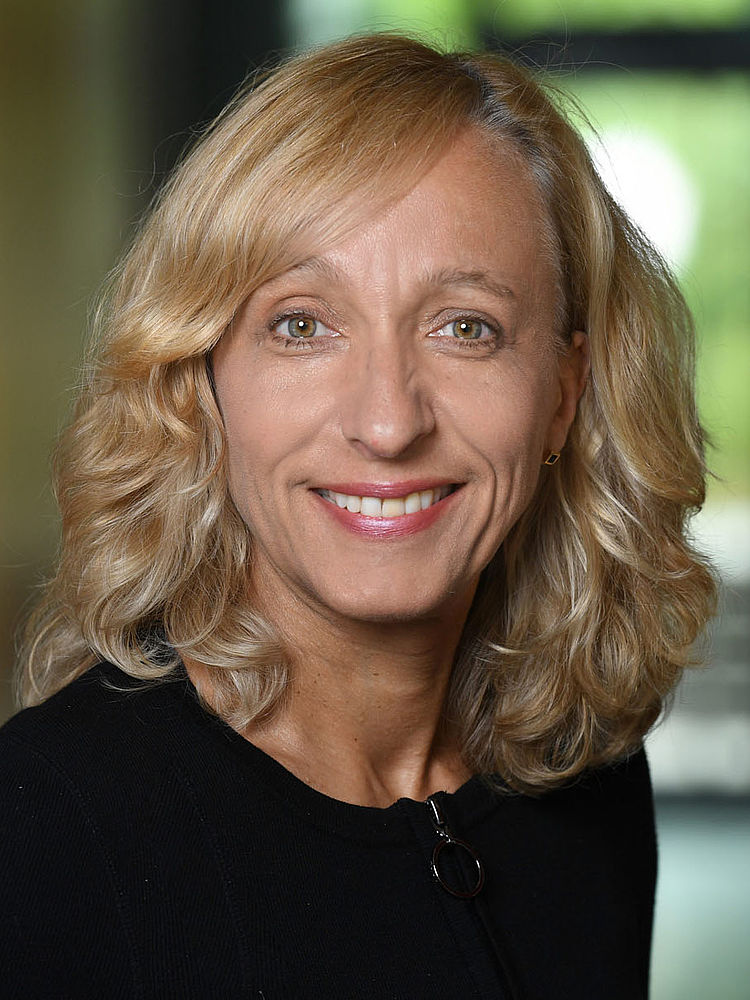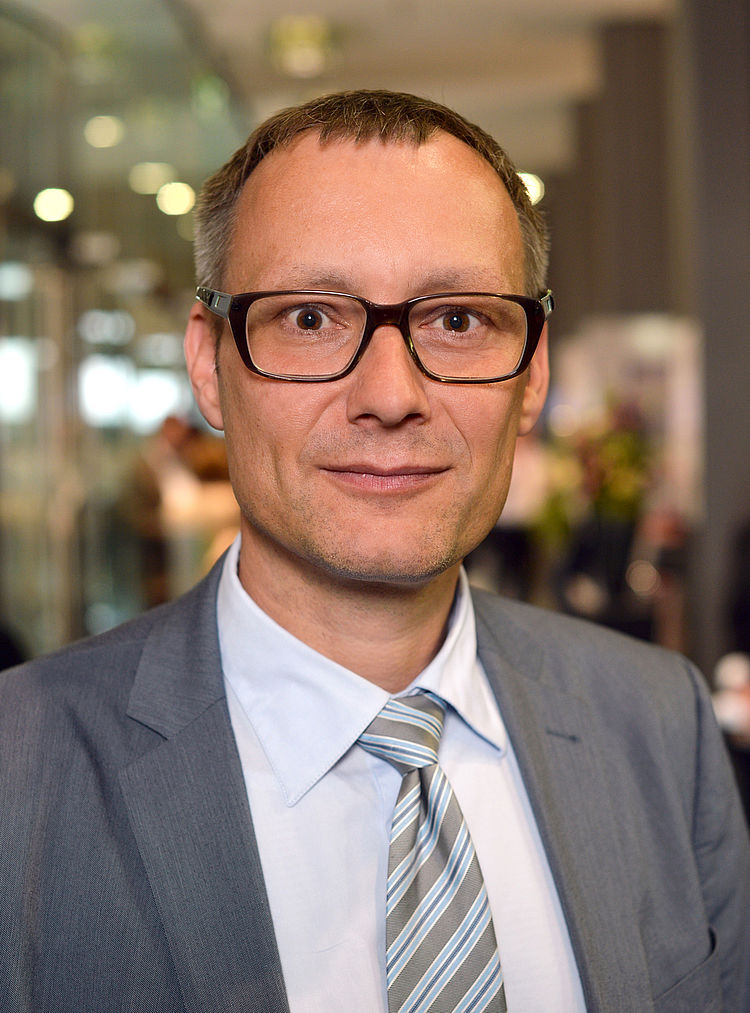Partner Site Berlin

Dr. Friederike Krupp
Partner site manager
(Charité – Universitätsmedizin Berlin)
friederike.krupp(at)dhzc-charite.de
Administrative assistant to the partner site manager:
Mariam Abou-Saleh
phone: +49 30 450 525407
dzhk-standortmanagement-be(at)charite.de
Principal Investigators
Institutes and Hospitals
Charité – Universitätsmedizin Berlin
Max Delbrück Center for Molecular Medicine in the Helmholtz Association
Deutsches Herzzentrum der Charité (DHZC)
Robert Koch Institute
German Institute of Human Nutrition Potsdam-Rehbrücke
Profile of Partner Site
The DZHK partner site Berlin pools the expertise of the regional research institutions Charité – Universitätsmedizin Berlin, Deutsches Herzzentrum der Charité (DHZC), the Max Delbrück Center for Molecular Medicine (MDC), the Robert Koch Institute and the German Institute of Human Nutrition (DIfE) as well as extramural partners.
At the DZHK partner site Berlin, cardiologists collaborate with surgeons, basic scientists and public health experts to elucidate myocardial, vascular and metabolic disease mechanisms.
The DZHK partner site Berlin focuses on the rapid transfer of research findings into clinical practice as well as primary and secondary disease prevention. Work in this field is guided by the assumption of a “cardiovascular continuum”, including metabolic syndrome, diabetes and stroke as risk factors and/or outcomes, thereby expanding traditional cardiac medicine into a veritable cardiovascular medicine approach.
In a holistic approach, epigenetic and genetic biomarkers, novel imaging techniques, gender, age, ethnicity and lifestyle are all amalgamated to personalise prevention and treatment strategies. Medical, surgical and interventional therapies will be combined with new cell-based approaches as well as therapeutic lifestyle modification.
In the face of the worsening donor heart shortage for transplantation, the use of organ-preserving surgery and ventricular assist devices to treat end-stage heart failure and its disabling complications will be optimised.
This programme is supplemented by a training programme for researchers and clinician-scientists in order to improve translational capacities and to overcome the gender gap in cardiovascular medicine.




